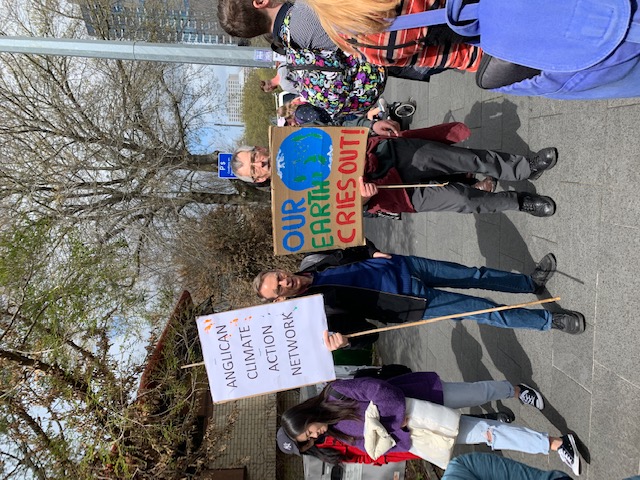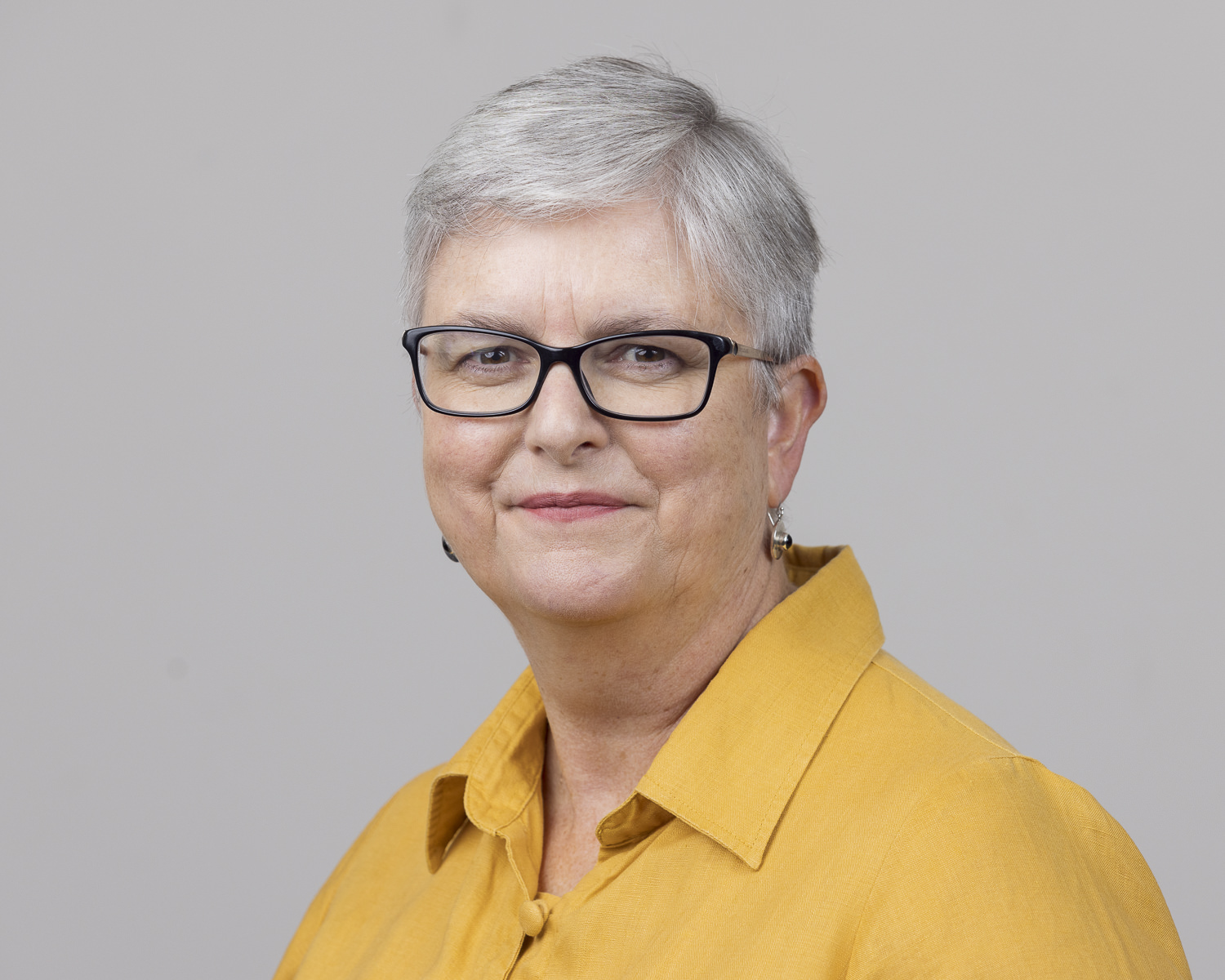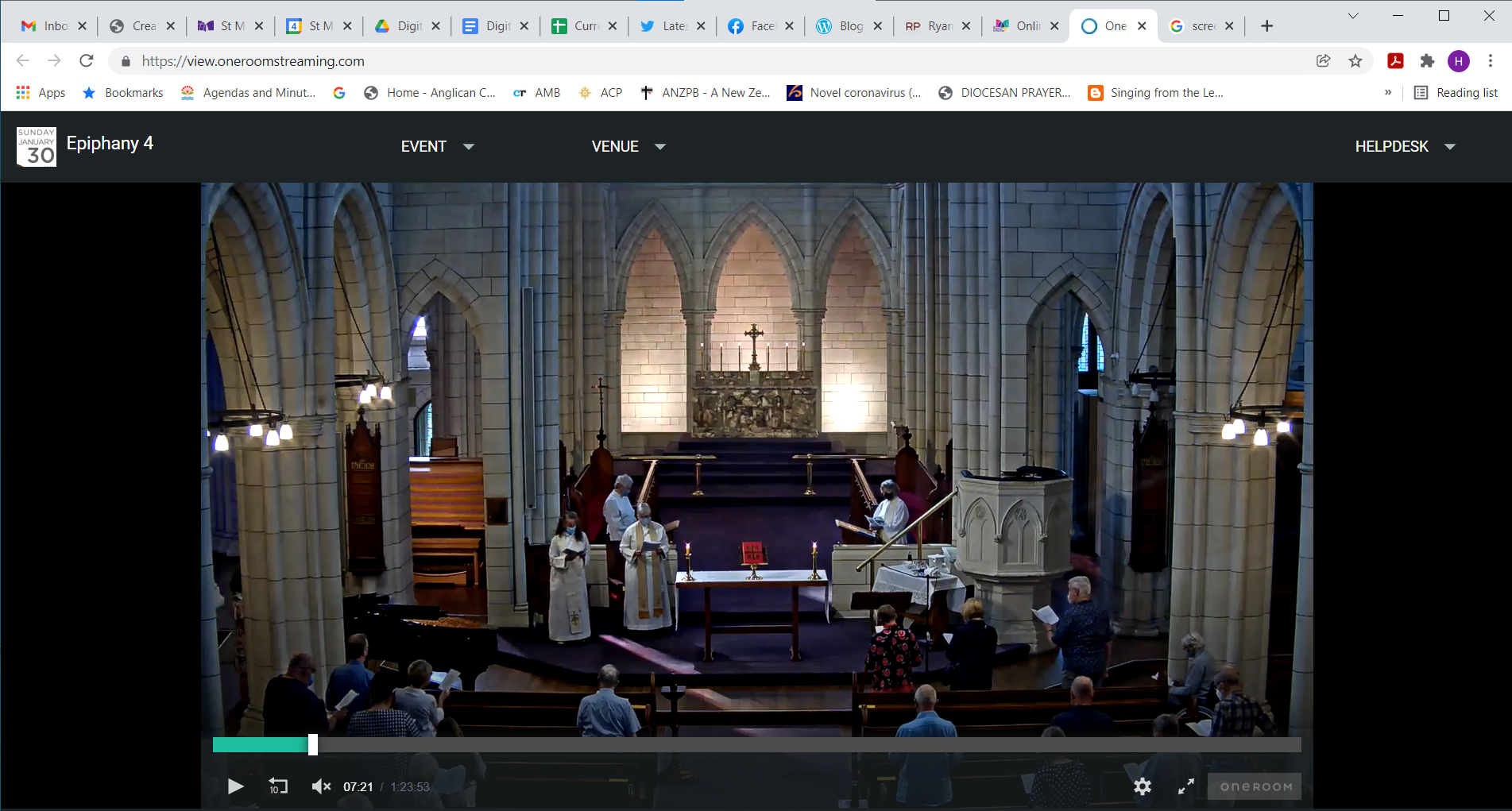
Home
Engagement
Water Use in Auckland and beyond
Raymond Chang, an environmental scientist with BECA, spoke in a Lenten series on Water about the way we use water in Auckland


Unlearning for creation’s sake

Jesus and the politics of power

Climate Crisis Statement

Media interviews

A day in the life of the Auckland City Mission

Matthew's Leadership

John the Baptiser

Hybrid worship
